Meet Pabitra
Pabitra carries 20 litres of water to her home from its source below the village, a steep and treacherous one hour away. She shares this role of water collection with her mother-in-law; however, she still makes the journey six times per day to ensure her family has enough to drink, wash, cook, and care for their livestock. This isn’t unique in her village. In fact, children as young as five years old have no choice but to help their families collect water.
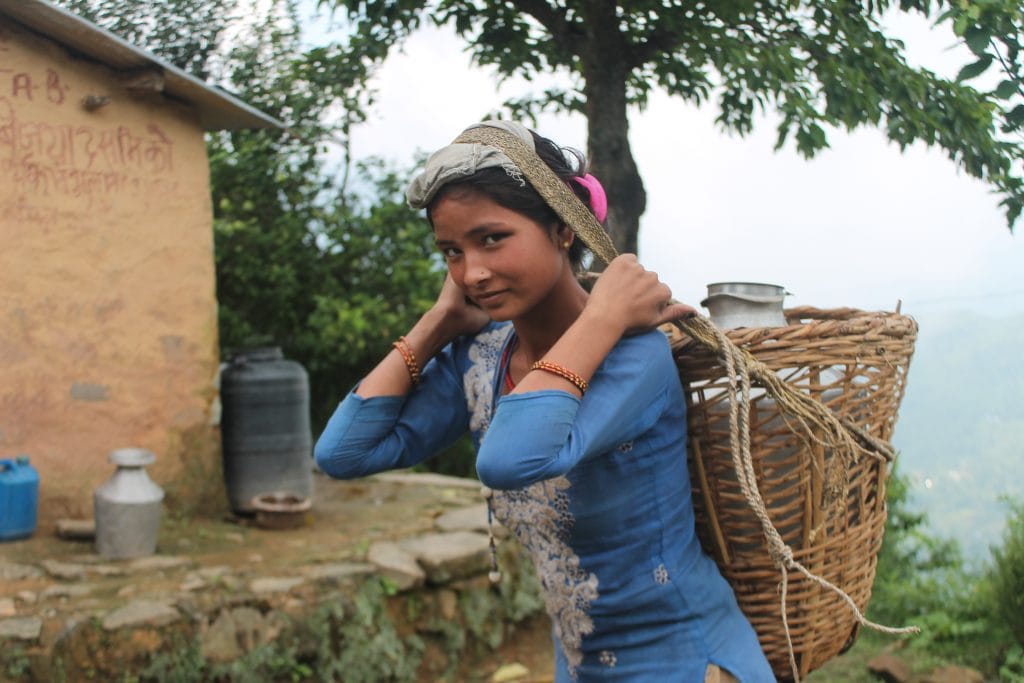
Hari, a local leader in the community, shared: “In this community, people are thinking 24 hours a day about how to get water. Even at midnight people must collect water. They are unable to keep many livestock or grow kitchen gardens.”
As Pabitra returns home with the water, her mother-in-law awaits, holding Pabitra’s 10-month-old baby on her hip. Now that Pabitra has returned, it is her mother-in-law’s turn to make the same journey. These frequent trips weren’t always needed. Over the last 10 years things have become harder for families in Pabitra’s village. 10 years ago, there was more rain throughout the winter season. Less water collection was needed, and they were able to grow linseed and mustard from which they produced their own oil. They also managed to grow larger crops of wheat and maize. Now the rainy season is too short and unreliable to ensure a successful harvest.
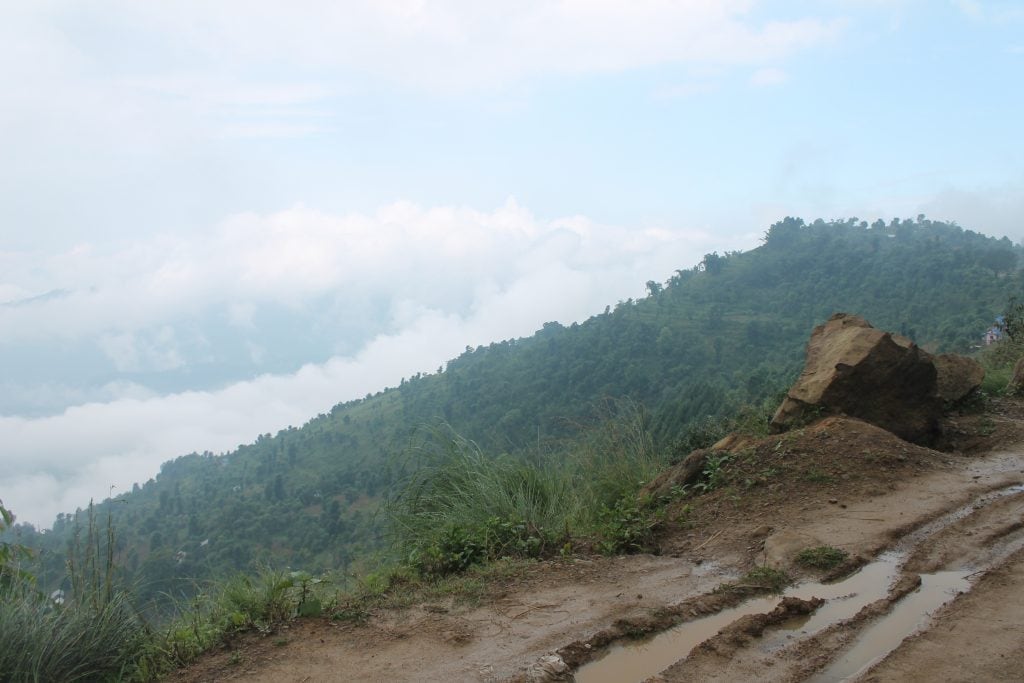
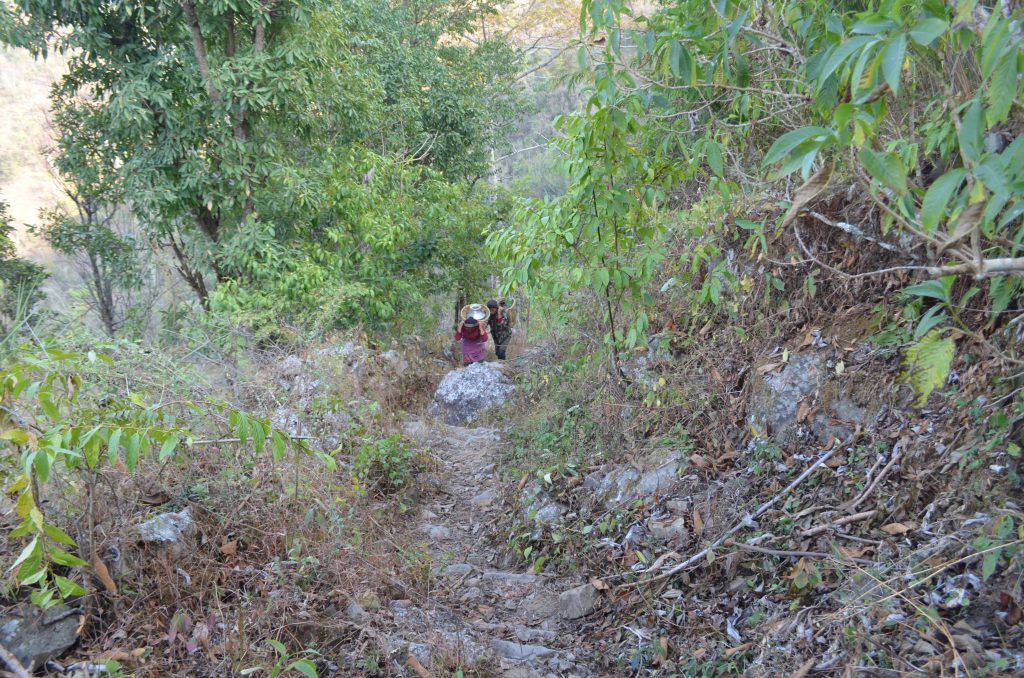
Other community members making the difficult journey up to the village from the water source below. This journey is often done more than 6 times per day for each family. It can often take 1 hour each way.
With the increased need for water collection, children’s education is suffering. This is not only because children must spend time collecting water instead of studying or attending school. It is also because the lack of water means a lack of irrigation, thus limiting the productivity of farm land in the community. Low agricultural yields mean less income, and families are struggling to buy the basic materials their children need to attend school.
Pabitra, Hari, and the community agree that if they can improve the water situation and the community can grow vegetables to sell at the market, it will help children to attend school. With convenient and reliable water at their fingertips, Pabitra’s daughter will not have to make the same daily journeys as her mother once did. She can realise her full potential.
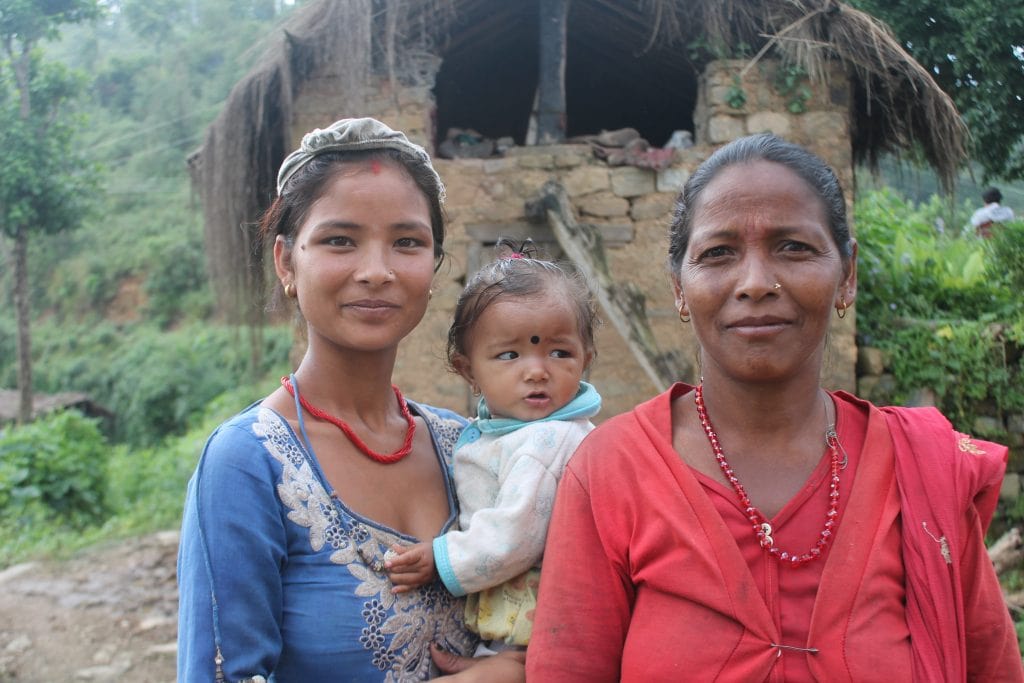
Luckily, this ideal future is on the horizon for Pabitra and the other 104 families that live in her community. As Pabitra and her mother-in-law talk to us they rest against a tap stand that was installed outside their home five months’ ago. With support from Renewable World, matched by a generous financial commitment from the local government, the promise of water being piped directly to their house is soon to become a reality. Every household has already contributed their hard-earnt savings and put in approximately 50 days of labour to build a large collection tank next to the water source. This tank is connected by a pipe to another storage tank which is built at the highest point of their village. From this tank runs an elaborate distribution system that fans out across the hills and culminates in a tap stand outside every single house in the village. The first step in building a SolarMUS system is already complete.
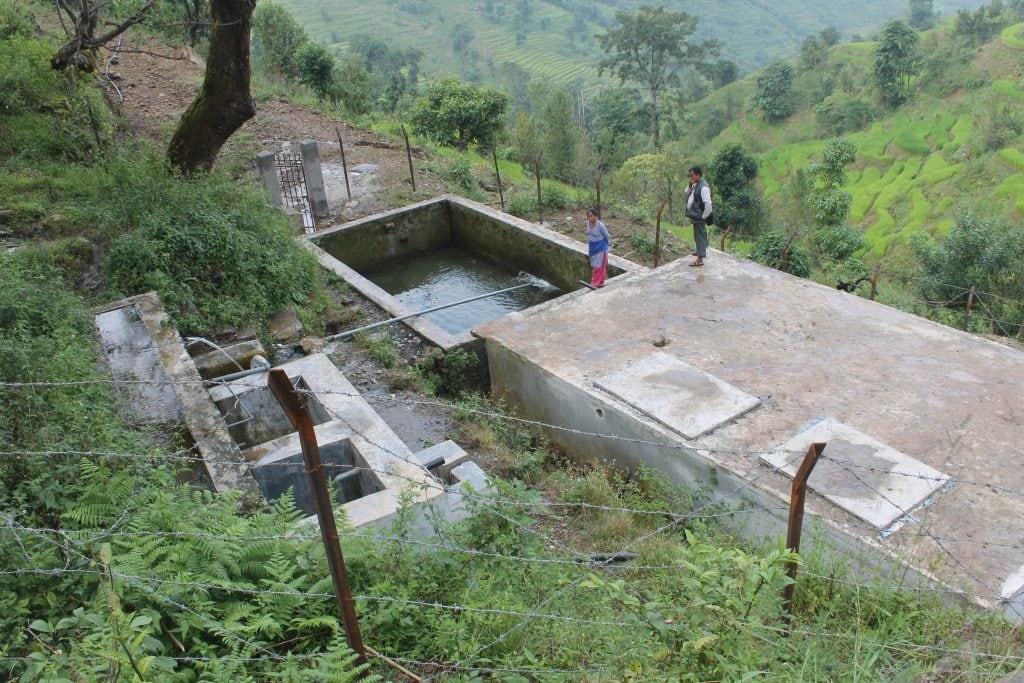
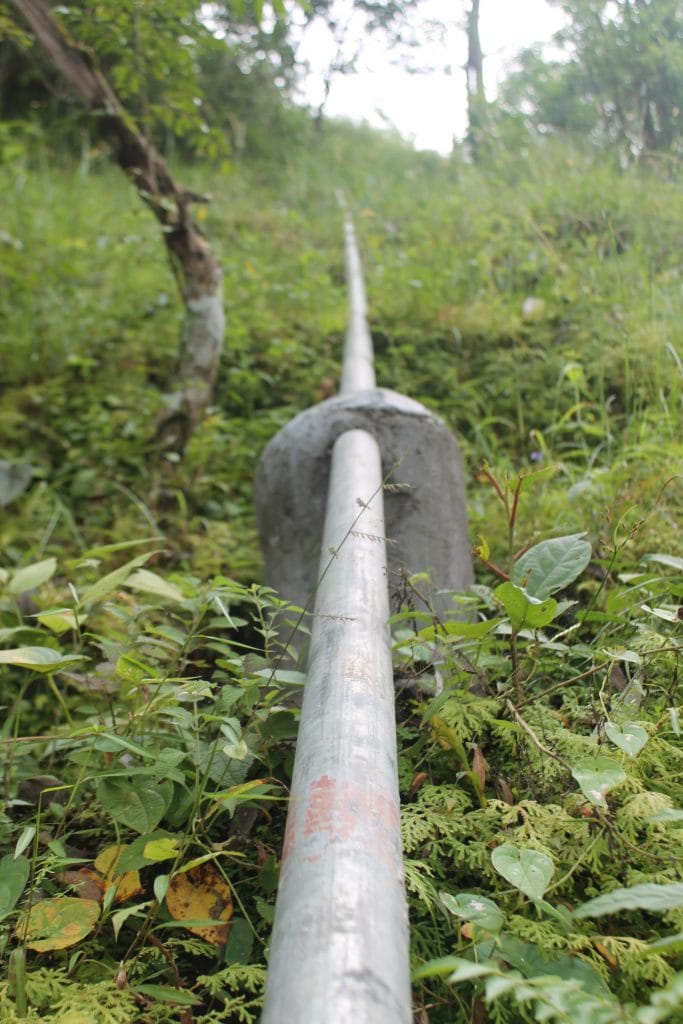
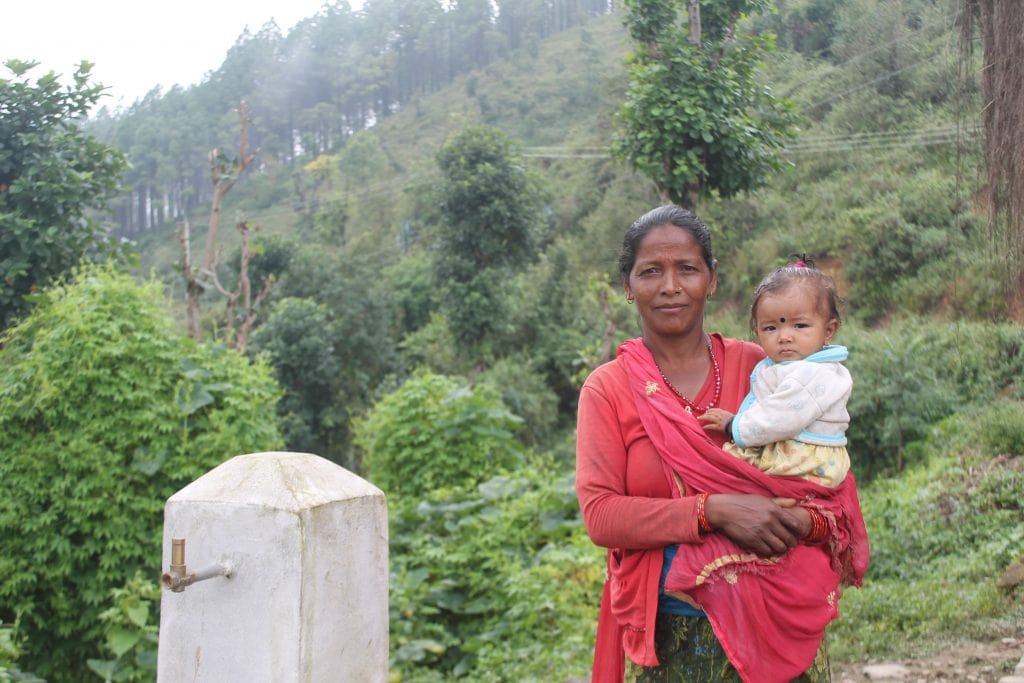
The final step is for Renewable Word to now support the community to choose providers of solar panels and a water pump, followed by training on how to install and maintain the technology. The result will bring water to their doorsteps, changing their lives forever. However, this isn’t where things end! Renewable World also plans to provide management skills training and agricultural training. In addition to getting reliable and convenient water, Pabitra and her community will gain skills in affordable, climate-smart techniques to help enhance their crop, including how to use plastic tunnels and how to implement integrated pest management. They will then be able to choose whether to eat all their new produce or sell some of their produce at the market, giving them additional income.
This sustainable approach of pairing renewable technology solutions with practical training will mean no more long journeys to collect water, increased incomes, and improved education in Pabitra’s community. The training and community-led management will also mean empowered community leaders and sustainability. This reality is only months away.
Until then, the new pipes and storage tanks serve as constant reminders of the future to come. They are pipelines of promise, offering hope for a future where water no longer prevents young girls like Pabitra, or her 10-month-old daughter, from realising their full potential.